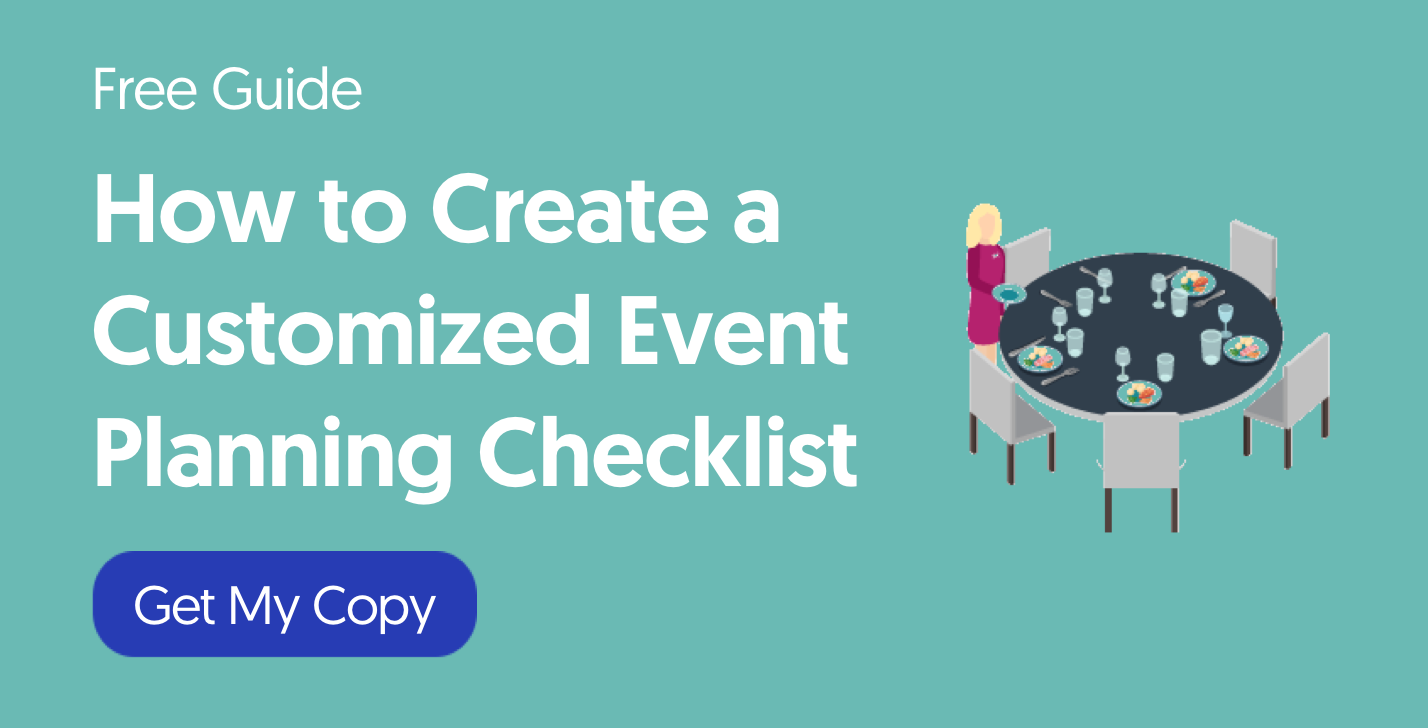
Starting an Event Planning Business? Do These 6 Things First
There are a lot of things to consider when starting an event planning business. To help you figure out how to start your business, I wanted to share a few key pieces that were vital to me when I was researching and starting a successful event business!
Here’s How to Start an Event Planning Business

1. Build a solid business plan
I can’t tell you how many small event planning businesses fail because the founder didn’t put together a business plan in advance.
Start by researching successful plans and businesses that are similar to your scope of work. Then reach out to others in the events industry who may be able to guide you!
[Tweet “Reach out to others in the events industry that may be able to guide you.”]
Even if you’ve never seen a business plan, there are plenty of resources and templates online that can get you started. Additionally, when you look to grow your business, an up-to-date business plan is vital to secure any kind of investment.
2. Set a marketing budget and use a PR company when possible.
When starting your party planning business, your marketing budget may be 30% or more of your business expenses. Does that seem like a lot? Think about all the things you’ll need:
- A website for your business
- Business cards
- Flyers and other printed info
- Digital marketing and online ads
- Expenses to travel to events for networking
Don’t leave anything out! You will need to spend money to make money, ultimately. The goal in the early months is to secure your base of customers as quickly as possible. If you deliver on the promise of creating memorable events, your clients will stick around and recommend you. As a result, your marketing costs will start to drop.

[Tweet “Here’s How to Start an Event Planning Business”]
3. Clearly define your scope of work, mission and goals for your event business.
Your event planning business may evolve over time, but even when you’re just starting out, it’s important to clearly outline what you are and aren’t willing to do. You can even put this on your website to attract the right type of clients.
When you’re still building your business, saying “no” to clients is one of the hardest things to do. But it might save you from dealing with the kinds of customers that take up too much time and don’t offer enough value in return.

4. Have your elevator speech ready.
After I set up my first events business, I had a hard time selling it to people because my 30-second pitch wasn’t refined. Make sure to spend time developing this ” it is the key to introducing everyone to your business.
Pro tip: Don’t stress about the name of your event planning business. At the end of the day, the name of your business doesn’t matter ” as long as you produce truly memorable events. However, a catchy event business name idea might stick in someone’s brain better during an elevator pitch.
5. Do your market research
Before jumping, in I always tell people to understand their market and competitors. What is your unique value proposition? Are your fees similar to, better than or higher than others in your area? Understanding your competition and your clients will give you the leg up in this market. Don’t skip this step!

6. Spend some time learning tax laws and business filing in your area.
No matter what kind of business you want to start, there are lots of legal pieces to understand. I spent time researching which type of business would be best for me (LLC made the most sense for my consulting business).
It’s also critical to understand the tax implications before you dive in. For example, when I moved my business from Virginia to California, I had to go through the process of dissolving the business. I should have taken more time to research other possibilities!
There’s a lot to navigate, but some great resources exist for building small businesses. Here are a few I recommend:
One of my favorite resources in Women In Events. New event planners can take advantage of our mentoring/coaching program after signing up.
Now You’re Ready to Start a Great Event Planning Business!
Have questions? We’ve got answers. Connect with @socialtables on Twitter.
Up next, here’s how to pick an event company name for your business. Or check out Social Tables free event planning tools to manage seating, meals, and so much more.
More tips for aspiring event planners
- The 6 Must-Have Event Planning Skills You Need for Career Success
- The Top Event Planning Conferences This Year
- 10 Event Planning Tips Every Budding Coordinator Needs to Know
Still searching for answers about starting an event planning business?
Do your research, make a plan, set a budget, define your scope of work, and throw amazing events!
You should plan to set aside at least $15,000 to $25,000 to start a small event planning business.
Event planning can be quite a profitable career choice. The best event planners will make a name for themselves and be able to charge high prices for their vision, creativity, execution, and results.

